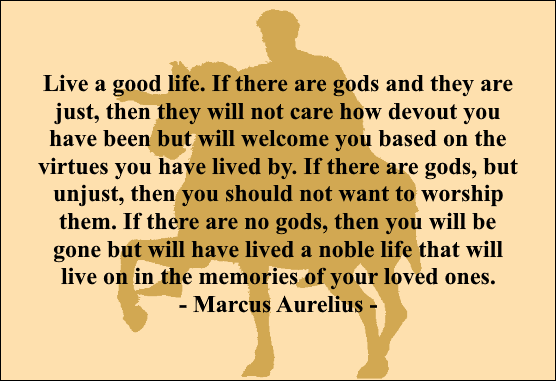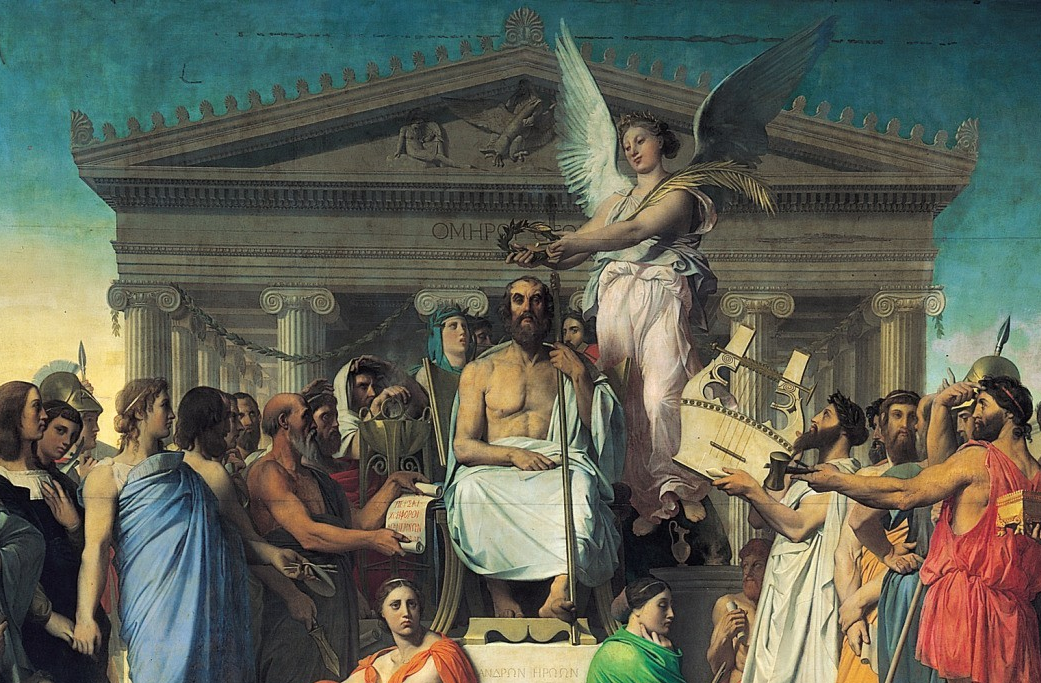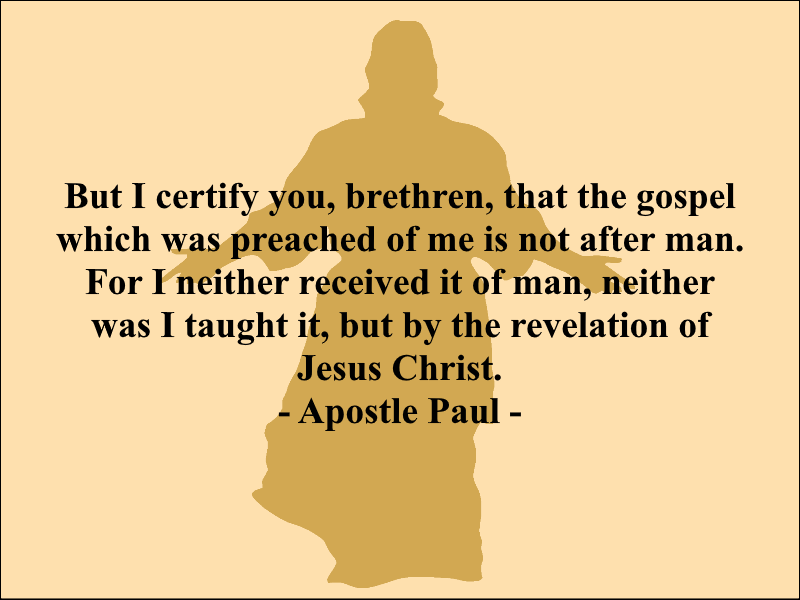

"Let us go where the gods have shown us the way and the injustice of
our enemies call us."
- Julius Caesar -


"Let us go where the gods have shown us the way and the injustice of
our enemies call us."
- Julius Caesar -


Religion was very important to the Romans. The Romans were polytheists and worshipped many gods. Their gods and mythology were the same gods that the Ancient Greeks worshipped. The Romans gave their gods Latin names. Like the Ancient Greeks, the Romans believed that there was a god that represented each element and force found in nature and the observable world. There were gods and goddesses of sun, moon, seasons, planets, agriculture, animals, thunder, science, beauty, fertility, knowledge, war, music, and many more.

Sol/Sol Invictus - Sun god.
Luna - Moon goddess.
Tellus Mater - Mother Earth.
Apollo - God of sun and agriculture.
Ceres - Goddess of grain.
Diana - Goddess of wild animals and hunting.
Juno - Protector of women and childbirth.
Jupiter - God of lightning and thunder.
Mars - God of war.
Mercury - The messenger god.
Minerva - Goddess of knowledge and science.
Neptune - God of sea.
Venus - Goddess of love and beauty.
Vesta - Goddess of the home and hearth.
Vulcan - God of fire.
To worship the gods, the Romans built temples and brought offerings inside the temples. They believed that leaving offerings to the gods and playing music was a sign of honor, veneration, and respect. They also held large feasts and celebrations at their pantheons.


Before the first century A.D., Jesus Christ of Nazareth began the spread of Christianity to both the Jewish and Roman worlds. In the first century A.D., Christianity developed in Judea based on the teachings of Jesus and later on the teachings of Apostle Paul of Tarsus. Paul was an influential Roman citizen who spread Christianity throughout the Roman Empire. He wrote many letters that later became the New Testament of the Bible.
At first, the Romans saw the Jews and early Christians as threats to the existence of their empire. They were hostile to Christianity and often blamed them for causing havoc throughout the empire. Thus, they believed that if they let Christianity take over the empire, the Roman Empire would collapse. In 300 A.D., only ten percent of the Roman population practiced Christianity. By 400 A.D., the Roman Empire later converted to Christianity and declared it the official religion. When the Roman Empire split into the West and East Empires, it created the Catholic (west) and Orthodox (east) Christian branches.
